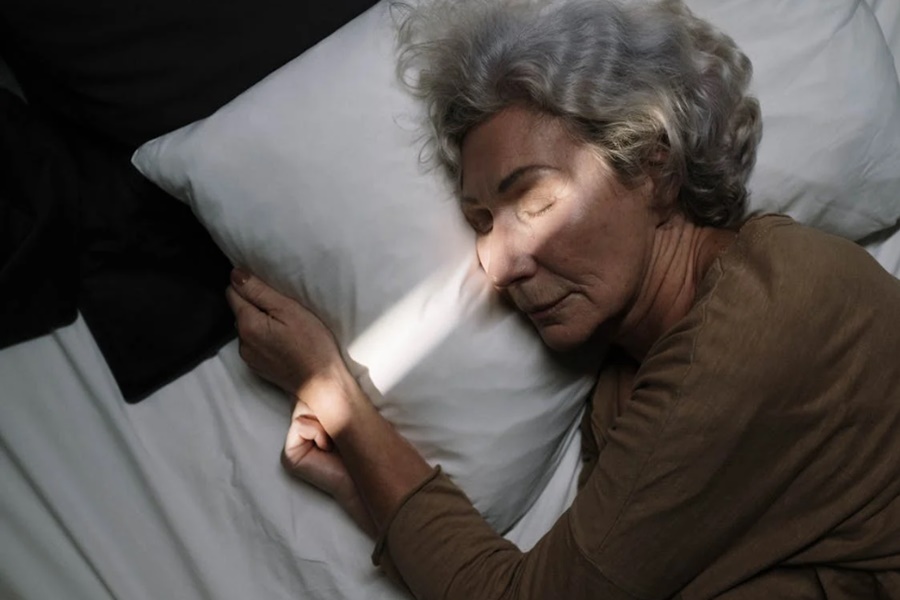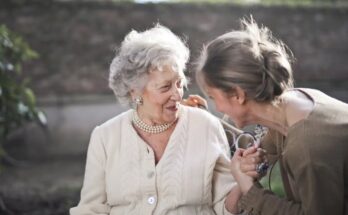In this article, we are going to be talking about sleep and rest in elderly.
About one third of a person’s lifetime is spent in sleep and rest activities. During periods of sleep and rest, many metabolic process decelerate, production of growth hormone increases and tissue repair and protein synthesis accelerate.
During the deeper stages of sleep, cognitive and emotion is stored, filtered and organized, so physiological well being are affected by quality and quantity of sleep,.
Overall Changes in Sleep and Rest In Elderly
- They require longer time to fall asleep.
- The have more frequent arousal.
- They have different quality of sleep, with less time in deep sleep and spend more time in bed.
- They have the same quantity of sleep during a 224 hour period as the younger adults.
Sleep Alteration Risk Factors Inn Elderly
- Pains and discomfort from arthritis and other medical conditions.
- Alcohol which suppresses the rapid eye movement sleep increase night mares, early morning awakening.
- Medications like antidepressants, anticholinergics which suppresses rapid eye movement, increase awakening secondary to open.
- Environmental factors like noise, very hot or cold condition.
- Lack of day time activity or stimulation
- Systemic disease like dementia.
Read Also: Age Related Changes in The Skin
Health Promotion on Sleep and Rest In Elderly
- Establish a bedtime ritual that is effective for the client and try to follow it every night such as taking a warm bath.
- Maintain the same daily schedule for waking, resting and sleeping.
- In the afternoon avoid foods, beverages and medications that contain caffeine which include tea, coffee and some over the counter drugs, alcohol, refined sugar.
- Take pre-bed time snack that promote sleep
- Use one or more of the following relaxation methods; imagery, deep breathing, progressive relaxation, passive exercise, watching non stimulating television.
- Perform daily moderate aerobic exercise, preferably before the late afternoon but void vigorous exercise in the evening.
- Provide adequate intake of zinc, calcium, magnesium, manganese, vitamin-complex and vitamin C. Vitamin E and folic acid are helpful for restless leg syndrome.
What To Avoid To Promote Sleep In The Elderly
The following should be avoided to promote sleep
- Do not drink alcohol before bedtime because it may cause early awakening.
- Do not smoke cigarettes in the evening because nicotine is a stimulant.
- If bedtime is temporary changed, try to keep the waking time as close to the usual time as possible and avoid staying in bed beyond your usual waking time.
- Do not use bed for reading or other activities not associated with sleep.
- If awaken during the night and cannot return to sleep, get out of bed after 30 minutes and engage in non-stimulating activity such as reading in another room.
- Arise at the usual time even if you have not slept well.
We hope this information was helpful. Feel free to ask your questions in the comment section below.




